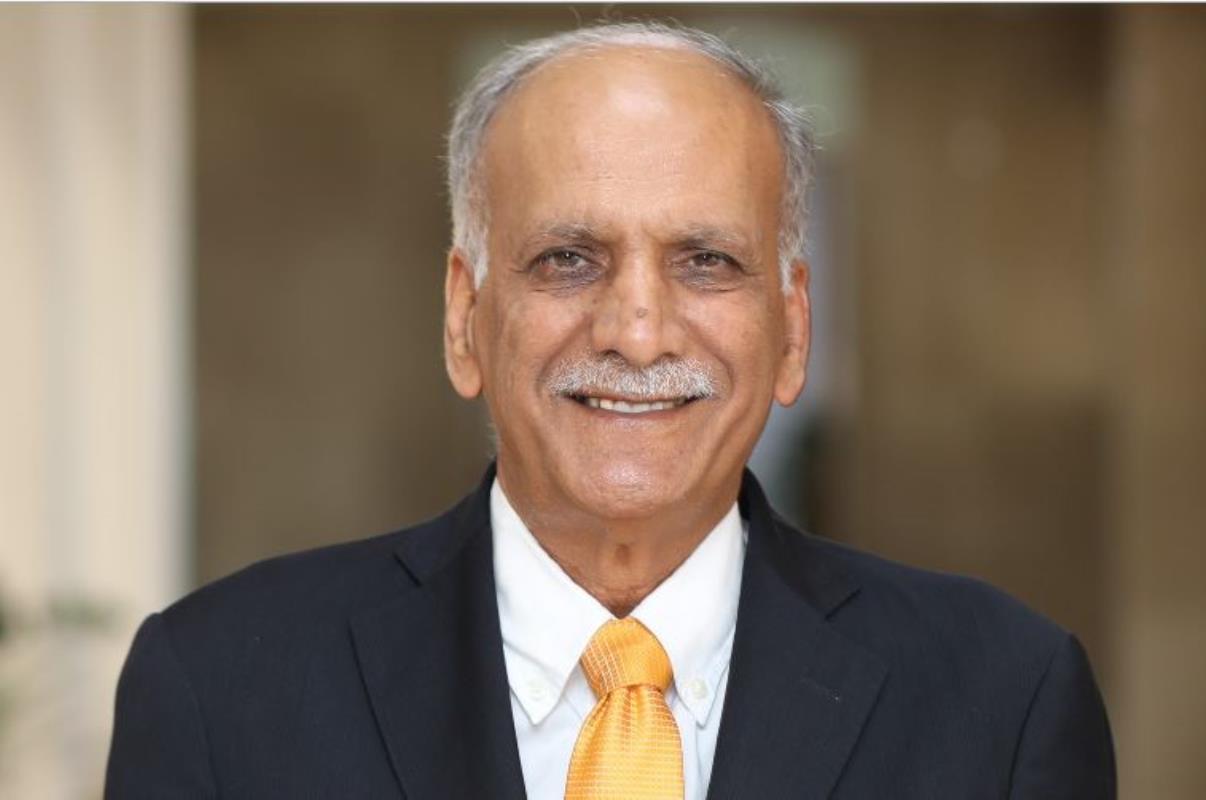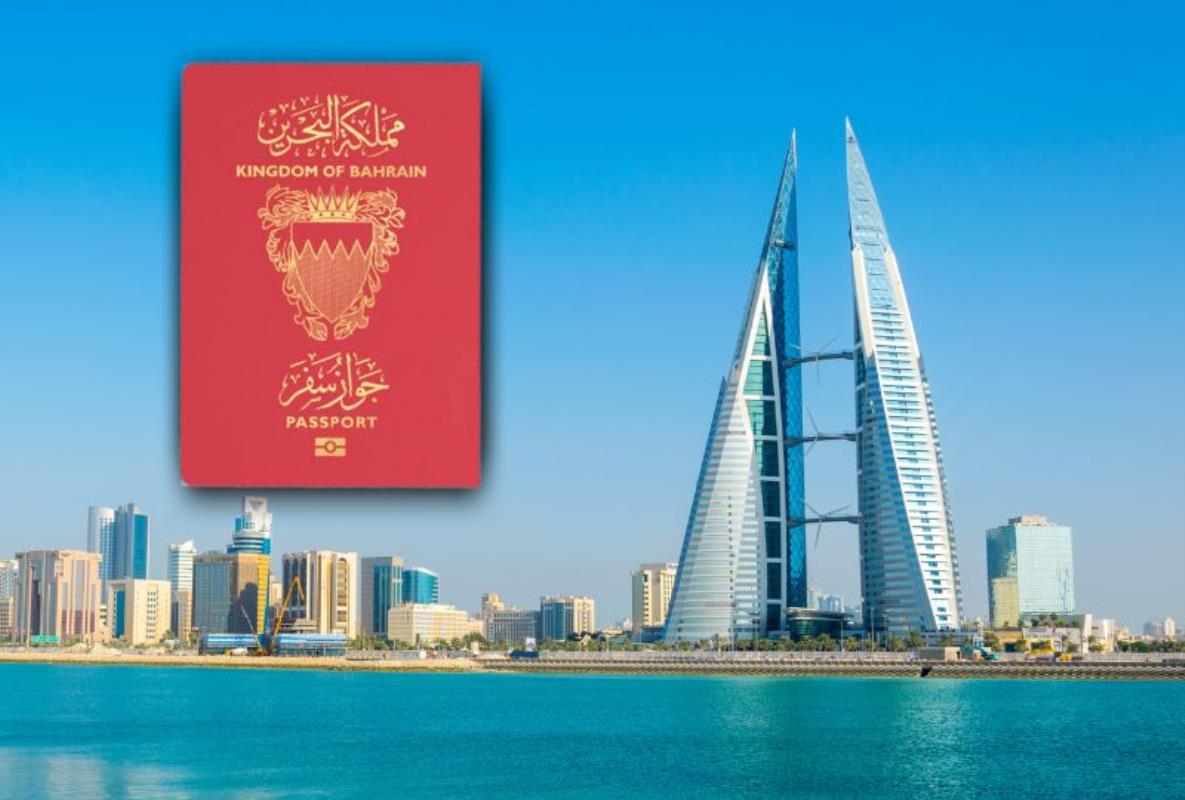
Arthur D. Little (ADL), the world’s first management consulting firm, today released an exclusive viewpoint report titled "Delivering Inclusive Growth." The report outlines recent initiatives and presents innovative strategies designed to further diminish the shadow economy and bolster small and medium-sized enterprises (SMEs) by enhancing economic and financial inclusion.
Gulf Cooperation Council (GCC) countries boast a remarkably small shadow economy, with informal businesses accounting for just 18% of GDP. It is estimated that shadow activity accounts for 15% of GDP in Saudi Arabia, 17% in Bahrain, 22% in Kuwait, and 24% in the UAE and Oman. This is significantly below the global average of approximately 28% and closely aligns with Organisation for Economic Co-operation and Development (OECD) countries, which stand at around 15%. Building on this strong position, integrating shadow businesses into the formal economy remains a top priority across the GCC.
Stephane Ulcakar, Principal at Arthur D. Little, Middle East said: "By integrating key enablers such as streamlined regulations, enhanced tax oversight, accessible financial services, and a level playing field, the GCC region can establish a robust foundation for the growth and development of the formal economy. These concerted efforts not only reduce incentives for individuals and businesses to operate in the shadow economy but also foster a more inclusive and sustainable economic landscape. As GCC countries continue to demonstrate remarkable progress, these strategic measures will further empower SMEs as vital drivers of economic growth, innovation, and resilience, ultimately contributing to the long-term prosperity of the entire region."
The GCC is spearheading the battle against the shadow economy in the Middle East and North Africa (MENA) region by implementing effective policies and ideas that incentivize shadow businesses to participate in the formal economy. Measures include improving tax enforcement, promoting the formalization of small businesses, advancing digitalization, fostering transparency, and boosting financial inclusion through the provision of financial services and greater access to credit.
In the UAE alone, SMEs employed more than 86% of the private sector labor force as of mid-2020 and accounted for over 60% of GDP. Meanwhile, Saudi Arabia aims for SMEs to contribute 35% by 2030, and Bahrain set a target of 50% to be achieved by the same year.
GCC Countries Accelerating Inclusive Growth
To ensure a robust enabling SME ecosystem, governments must lead with an orchestrated and coordinated approach and offer solutions that harmonize design, technology, and data. Moreover, such an ecosystem requires that various ministries and government entities establish shared objectives to circumvent siloed approaches.
Key enablers of this ecosystem include a strong legal framework, straightforward and transparent taxation, artificial intelligence and digital solutions, access to finance, investment, market access, lucid and effective labor laws, comprehensive infrastructure, and education and awareness.
GCC countries are forging a path toward achieving what has eluded virtually every government in the last century: state-driven economic transformation with a citizen-centric approach. But there is more to do; the region’s leaders recognize the need for a thriving and sustainable SME sector to guarantee growth and resilience for the entire economy, and they have positioned this need at the heart of their policies.






































































